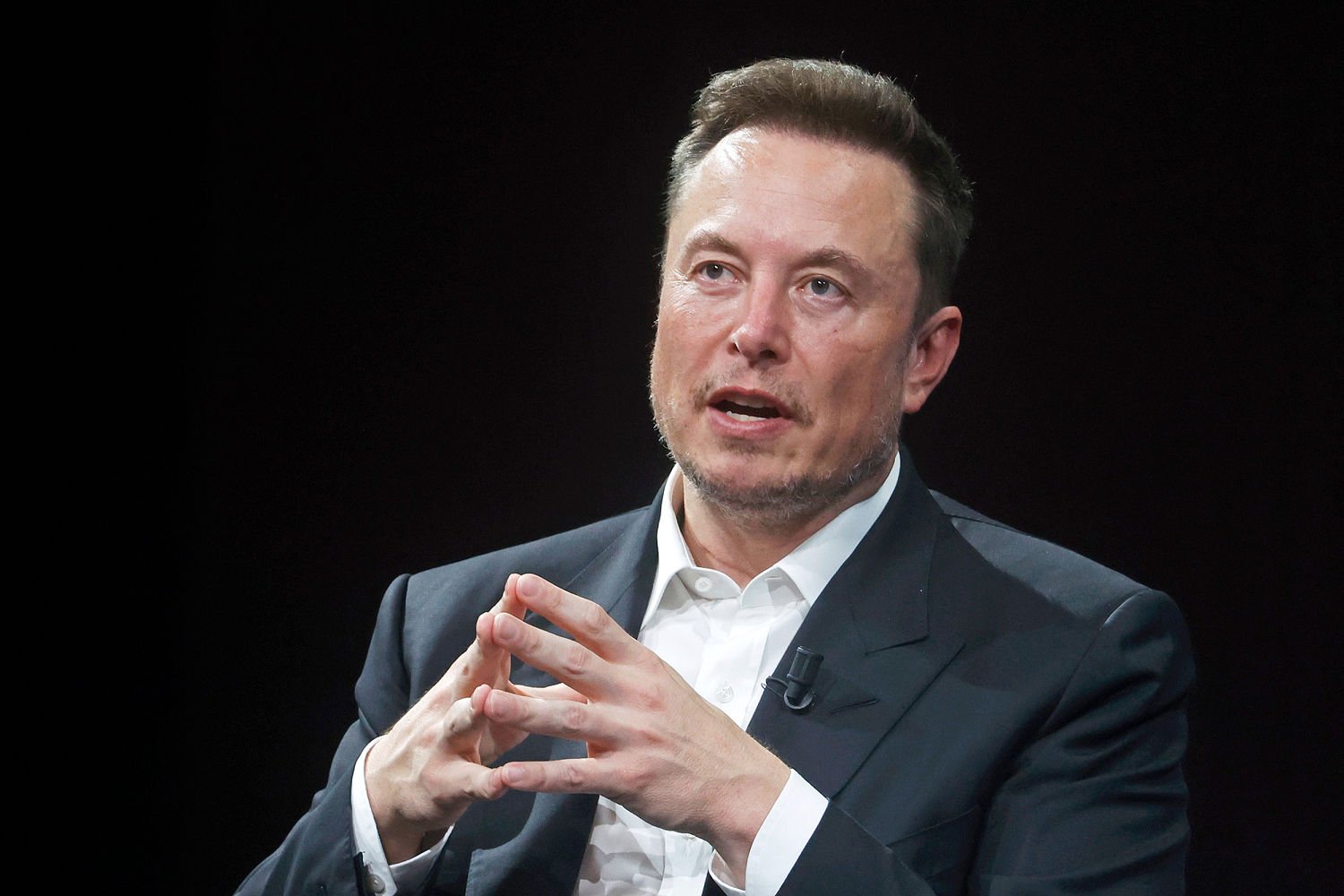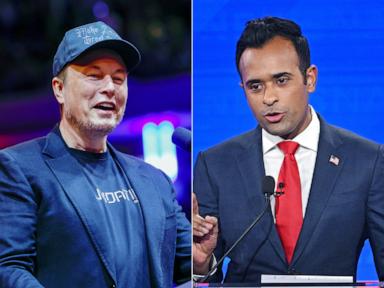Why the Department of Government Efficiency could be costly for the country

The newly proposed Department of Government Efficiency or DOGE promises to make the U.S. government lean and effective. But champions of efficiency would do well to heed the warnings of 19th century British economist William Stanley Jevons: The more efficiently we do something, the more of it we tend to do.
In an 1865 treatise, Jevons worried that the British Empire was using too much coal. Coal might be cheap now, he warned, but if it grew to be expensive, the cost of fueling the military and industrial might of British colonialism could break the empire.
Contemporary experts scoffed. Coal engines were becoming more efficient by the day, and they chided Jevons for his pessimism. Yet Jevons held firm, countering that efficiency is a trap: rather than reducing coal consumption through efficient use, those technological developments would just make it easier and cheaper to burn coal.
The problem, Jevons explained, was that while individuals and companies might become more efficient in their use of coal, the total consumption of coal across the empire would rise. Efficiency, paradoxically, would increase consumption.
In the century and a half since Jevons made his gloomy prediction, we have seen it come true in a wide range of settings. More efficient home appliances are used more often, meaning that they consume more electricity on aggregate; fuel efficient vehicles are driven greater distances, consuming more fuel; genetically modified crops that should reduce pesticide loads wind up helping farmers to plant more and then to spray more. Efficiency can backfire by making it easier — and more necessary — to do more.
On the surface, efficiency can ironically lead us to use more coal, electricity, fuel or time than we would have otherwise. But on a deeper level, efficiency can also limit our imagination to build our world in a way that works better. In Jevons’ case, coal efficiency didn’t just make it easier to use more coal; it also helped to make fossil fuels a lynchpin of industrial capitalism.
When we solve problems through efficiency, we are often doubling down on a system that is flawed in the first place, like hoping that more efficient energy use will curb climate change or that home appliances would eliminate gendered disparities in domestic work or give women more time. Rather than make climate change or patriarchy more efficient, we could be more imaginative and recognize the tremendous value of a stable planet and the trillions of dollars in uncompensated household work.
That’s because efficiency is both economic and cultural. It varies by context and by our position of power. Coal, to return to Jevons, might continue to be a cheap fuel that I pay for in Indiana today, but that’s only because I don’t pay the direct costs of smog, polluted rivers, mountain ecosystems, or lung cancer. Someone else pays that cost for me.
The Jevons paradox tends to rain on the parades of people who are excited about a new technological fix, but Jevons was no Luddite or social justice warrior. He did not write out of hatred against technology, a desire for environmental protection, or miner welfare. Jevons was a staunch defender of British colonialism, and saw coal efficiency as a threat to British imperial hegemony. But we might use his insights to remember our own goals.
What would a more efficient government seek to accomplish, and what sorts of systems would that deepen? DOGE proposes to curb spending in the name of efficiency, and so it should be cautious that those efforts do not lead the government to spend even more through lawsuits and shared public costs to health, environment or education. At a deeper level, any efforts toward efficiency run the risk of intensifying the unpaid work that keeps our existing world running.
The push for efficiency also forces us to declare what (and whose) work belongs in the economy, and what (and whose) does not. This is a shared, cultural question of our values. Public spending can be costly. But in striving for a more efficient government, we should take care that we do not end up paying more as a whole.
Andrew Flachs is an associate professor in anthropology at Purdue University, who specializes in the economy and the environment.
-

What Can the Department of Government Efficiency Do?
Business - The New York Times - November 18 -
Musk, Ramaswamy detail plans for "Department of Government Efficiency"
Top stories - CBS News - 5 days ago -
Trump says Musk, Ramaswamy to lead new Department of Government Efficiency
Top stories - CBS News - November 12 -

Trump says Elon Musk and Vivek Ramaswamy will head a new ‘Department of Government Efficiency’
Top stories - NBC News - November 13 -

Trump taps Elon Musk, Vivek Ramaswamy to lead department of government efficiency
Top stories - NBC News - November 13 -

Trump taps Elon Musk, Vivek Ramaswamy to lead 'Department of Government Efficiency'
Top stories - ABC News - November 13 -
Elon Musk, Vivek Ramaswamy to run Trump’s ‘Department of Government Efficiency’
Business - MarketWatch - November 13 -
Dogecoin spikes after Trump announces a Department of Government Efficiency — DOGE
Business - CNBC - November 13
More from The Hill
-

Bill O'Reilly: Election spending aside, Harris was 'bad candidate'
Politics - The Hill - 36 minutes ago -

Morning Report — Trump’s tariff plans rock global, local leaders
Politics - The Hill - 1 hour ago -

Ranked-choice advocates forced to regroup after election losses
Politics - The Hill - 1 hour ago -

School choice movement embraces new possibilities with Trump presidency
Politics - The Hill - 1 hour ago -

4 takeaways from Trump's health agency nominations
Politics - The Hill - 1 hour ago